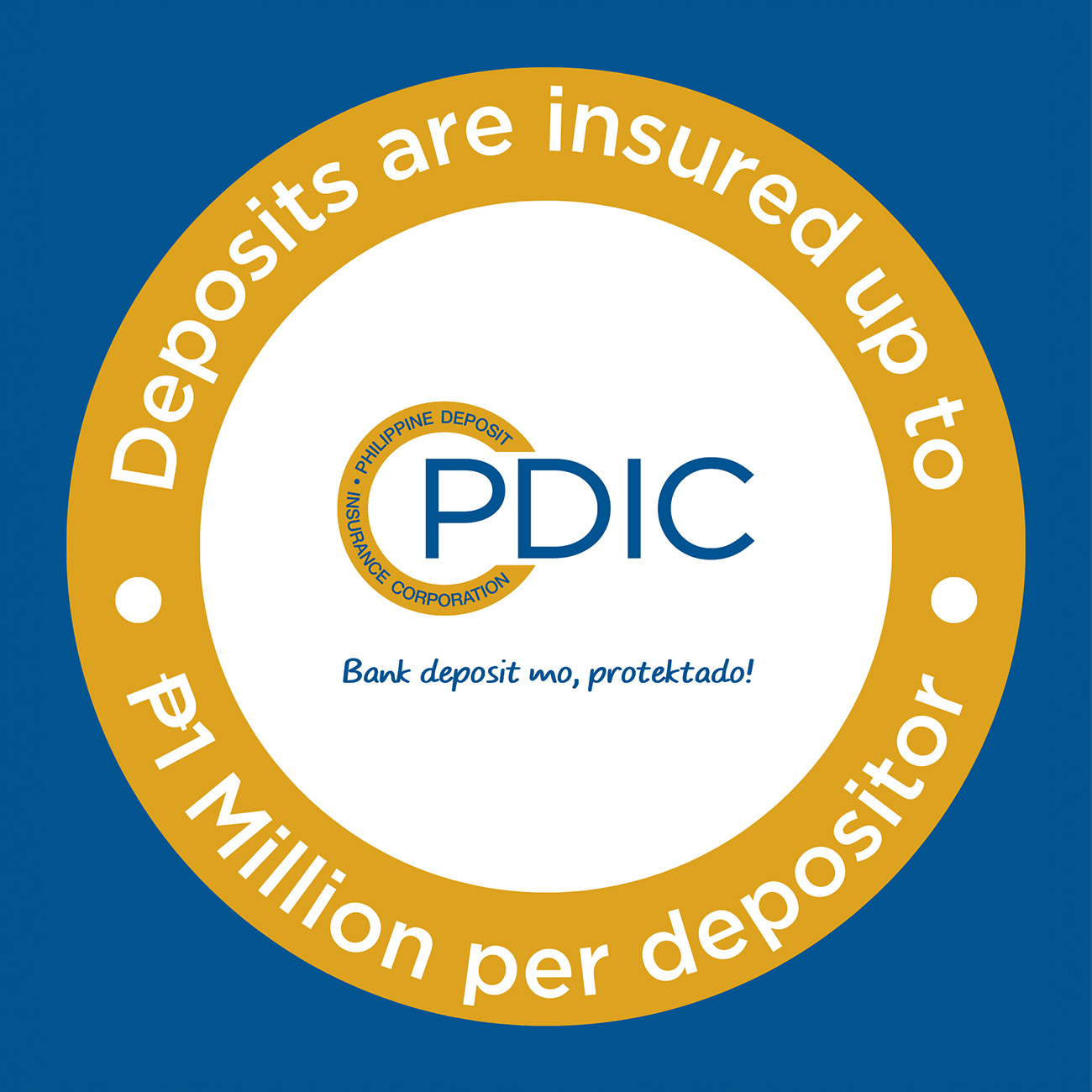Real estate has always been a tried and tested path to building wealth. Owning property provides stability, the potential for appreciation, and often a steady stream of rental income.
However, managing multiple properties requires significant capital, expertise, and time. That is why real estate investment trusts (REITs) were created: to allow investors to benefit from real estate without the hassle of direct ownership.
Learn more details on what is REIT and how you can invest in one.
What is a Real Estate Investment Trust (REIT)?
A REIT is a company that owns and manages real estate properties that generate income. Think of it as a mutual fund for property.
Instead of buying an entire building, you can invest by purchasing shares. These shares give you exposure to a portion of the income generated by the REIT’s properties—whether they are office towers, shopping malls, residential developments, or industrial facilities.
In simpler terms, a REIT investment allows the investor to become a partial owner of a professionally managed portfolio of real estate assets. The income from these assets, which primarily come in the form of rent, is distributed to shareholders as dividends. This structure provides a convenient investment plan that delivers both potential growth and regular income without the responsibilities associated with direct ownership.
The Philippines introduced REITs relatively recently. Although the REIT Law was enacted in 2009, adjustments to tax rules and regulatory guidelines delayed its rollout. It wasn’t until 2020 that the first REITs were listed on the Philippine Stock Exchange (PSE), marking a major step in making property investments more accessible to Filipinos.
How Do REITs Work?
Globally, REITs have long been a popular investment choice among investors seeking reliable returns and diversification. But here’s how REITs work in the local context:
- Structure and Ownership: Philippine REITs are stock corporations primarily established to own income-generating real estate. At least 75% of their total assets must be invested in real estate in compliance with the REIT Law.
- Dividend Payouts: REITs must pay out at least 90% of their income to shareholders every year as dividends. This rule ensures investors receive regular cash flow.
- Trading on the PSE: Like regular stocks, REIT shares are traded on the Philippine Stock Exchange, making them liquid and accessible to anyone with a brokerage account.
Reasons to Invest in REITs
A REITs investment combines the strengths of real estate and equities while addressing the limitations of both. Here are some of the most compelling benefits of real estate investment trusts:
1. Portfolio Diversification
Diversification is one of the golden rules of investing. By putting money into a REIT, you gain exposure to a wide range of properties, industries, and tenants. This lowers your risk compared to investing in a single property or company.
2. Professional Management
REITs in the Philippines are managed by experts. Under the REIT Regulatory Framework, three entities are involved:
- The Fund Manager oversees the REIT’s overall operations and strategy
- The Property Manager handles the day-to-day operations of the buildings
- The Property Valuer ensures that assets are valued accurately and fairly
REIT investments mean investors don’t need to worry about collecting rent, negotiating leases, or maintaining properties. It’s passive investing at its best.
3. Liquidity and Easy Trading
Unlike physical real estate, which can take months to buy or sell, REIT shares can be traded quickly on the Philippine Stock Exchange. This makes them more flexible than traditional property investments.
4. Steady Dividend Income
REITs generate consistent income. Shareholders can expect regular dividends because REITs are legally required to distribute at least 90% of their income.
5. Accessibility and Affordability
Direct property investment often requires millions of pesos in capital. In contrast, REITs allow investors to get started with much smaller amounts. You can start by investing a few thousand pesos or more and then build your contributions from there.
6. Transparency and Regulation
REITs in the Philippines operate under strict guidelines set by the Securities and Exchange Commission (SEC) and the Philippine Stock Exchange. This regulatory framework ensures transparency, accountability, and investor protection.
7. Potential for Capital Appreciation
REITs also offer the potential for share price appreciation. As the value of their properties rises or as demand for their shares grows, investors can benefit from higher share prices.
8. Hedge Against Inflation
Property values and rental rates often increase with inflation. This means REITs can serve as a natural hedge, helping protect the real value of your money over time.
Here is a step-by-step guide on how to invest in REITs in the Philippines
1. Open a brokerage account with a Philippine Stock Exchange (PSE)-accredited broker. You can choose from various online brokers in the country.
2. Research available REITs listed on the PSE and review their financial performance and properties. You can also consult your bank for more information on REITs.
3. Deposit funds into your brokerage account, ensuring you have enough to meet the minimum share purchase.
4. Place a buy order for the REIT shares through your broker’s trading platform.
5. Once purchased, you earn dividends regularly and can sell your shares at any time on the PSE for potential capital gains.
Unlock Real Estate Investing with REITs Today
The launch of real estate investment trusts in the Philippines has been a true breakthrough. It allows Filipinos—whether seasoned investors or first-timers—to tap into the real estate market without needing to manage properties themselves.
REITs enable investors to gain diversified exposure to income-generating assets at a much lower entry cost than traditional real estate. By democratizing property investment, it empowers more Filipinos to grow their wealth, create financial stability, and achieve their long-term goals.
Now is a good time to explore REITs and see how they can complement your broader investment strategy. Take the first step toward financial independence with REITs today.

How to Pay Your Credit Card Bills Online

5 Key Terms in Your Credit Card Statement You Must Know



